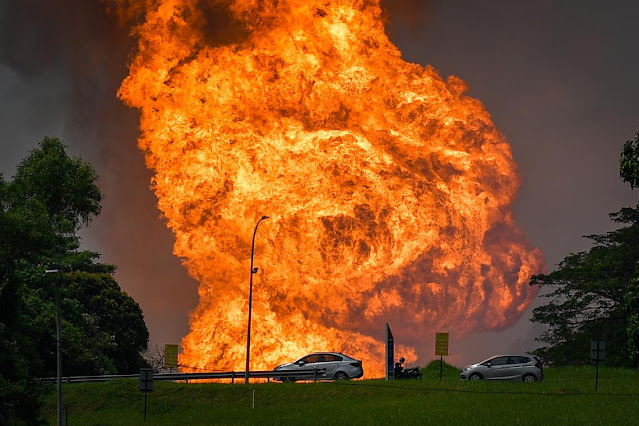Today, April 28, 2025, Spain and Portugal experienced one of the largest blackouts in recent European history, leaving both countries without electricity for several hours. Major cities like Madrid, Barcelona, and Lisbon came to a standstill, with internet networks, ATMs, public transport, and traffic systems completely down.
While this event is massive on a national scale, many people are wondering: Could this blackout impact cryptocurrency prices?
Short-Term Impact: Minimal but Noticeable Fluctuations
In the short term, the blackout might cause slight fluctuations in the crypto market, primarily driven by fear and uncertainty. Some local investors in Spain and Portugal may panic-sell, causing minor price dips. However, globally, Spain and Portugal are not major drivers of cryptocurrency trading volume, meaning the broader impact will likely be minimal.
Long-Term Impact: Depends on Broader Developments
If the blackout is contained within Spain and Portugal and power is restored within a reasonable time, there will likely be no significant long-term effect on crypto prices.
However, if similar infrastructure failures begin happening across Europe or other regions, it could spark global fear. In that scenario, crypto could either:
- Increase in value: As investors seek decentralized, non-governmental assets like Bitcoin during traditional financial instability.
- Decrease in value: If people require immediate access to cash and start liquidating assets, including cryptocurrencies.
Crypto Exchanges and Mining Operations
Currently, no major cryptocurrency exchanges or Bitcoin mining operations have reported disruptions due to the blackout. As long as trading platforms and miners remain operational, the crypto market should stay stable.
Conclusion
At this stage, the Spain-Portugal blackout is not expected to significantly impact cryptocurrency prices.
Nevertheless, it serves as a reminder of how dependent modern financial systems — including crypto — are on stable electricity and internet infrastructure.
Investors should stay alert for any signs of broader infrastructure risks that could change the market dynamics quickly.

.jpeg)
.webp)

.jpeg)

.jpeg)
.webp)
